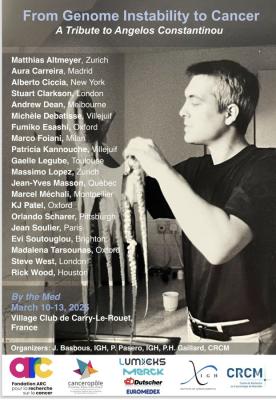Mum-of-two Suzanne Davies, 40, was given the catastrophic news that she had stage four glioblastoma - an aggressive brain tumour - and was unlikely to live past a year.
She had a major operation to remove a tumour the size of a golf ball from her brain.
But Suzanne, who works as a reflexology practitioner at her home in Aberdeen after giving up full time work in finance, is now in the five per cent of patients who live beyond five years of diagnosis.
She has an MRI scan every five months, and in February was told the tumour was stable.
Suzanne said: "I managed to muster up some strength to say 'I'm not going anywhere'.
"Now six years on, I'm so thankful for research and for the treatments, surgery advances and drugs that were and are available to me.
"I didn't think I'd get to see my 40th birthday, let alone see my sister get married and have children of her own.
"Any research that can help us get closer to cures, clinical trials and everything in-between is incredible.
"And the fact it's a charity close to home starting the research across the world makes it even more incredible."
She has two children, Lauren, ten, and Max, 13.
Last year the family celebrated Suzanne's 40th birthday with a party at Aberdeen FC, and she will turn 41 in May.
New research will take place into the rare disease after charity Worldwide Cancer Research donated almost £200,000 to a French doctor's project.
The research is led by Dr Domenico Maiorano, based in Montpellier, France, who hopes to better understand how a gene in DNA allows brain cancer cells - specifically glioblastoma - to survive and grow.
Dr Maiorano said: "Our research focuses on glioblastoma, a very aggressive brain cancer where life expectancy is very short.
"This cancer has an astonishing ability to overcome therapy, but we've identified a gene which appears to be responsible for its survival and we're now trying to understand how to exploit this therapeutically.
"The research that Worldwide Cancer Research funds is so important.
"This type of research is at the heart of new treatments for cancer and we simply cannot cure it if we first do not understand its biology."
Dr Helen Rippon, chief executive at Edinburgh-based Worldwide Cancer Research, which is based in Edinburgh, said: "Brain cancer affects a huge number of people - not only in Scotland, but right across the world.
"By funding more discovery research, we know that we can save more lives in the future.
"Dr Maiorano and his team presented an incredible application to our panel and we can't wait to help them take their first step into this research."
By Scotsman Reporter 2nd March 2020



